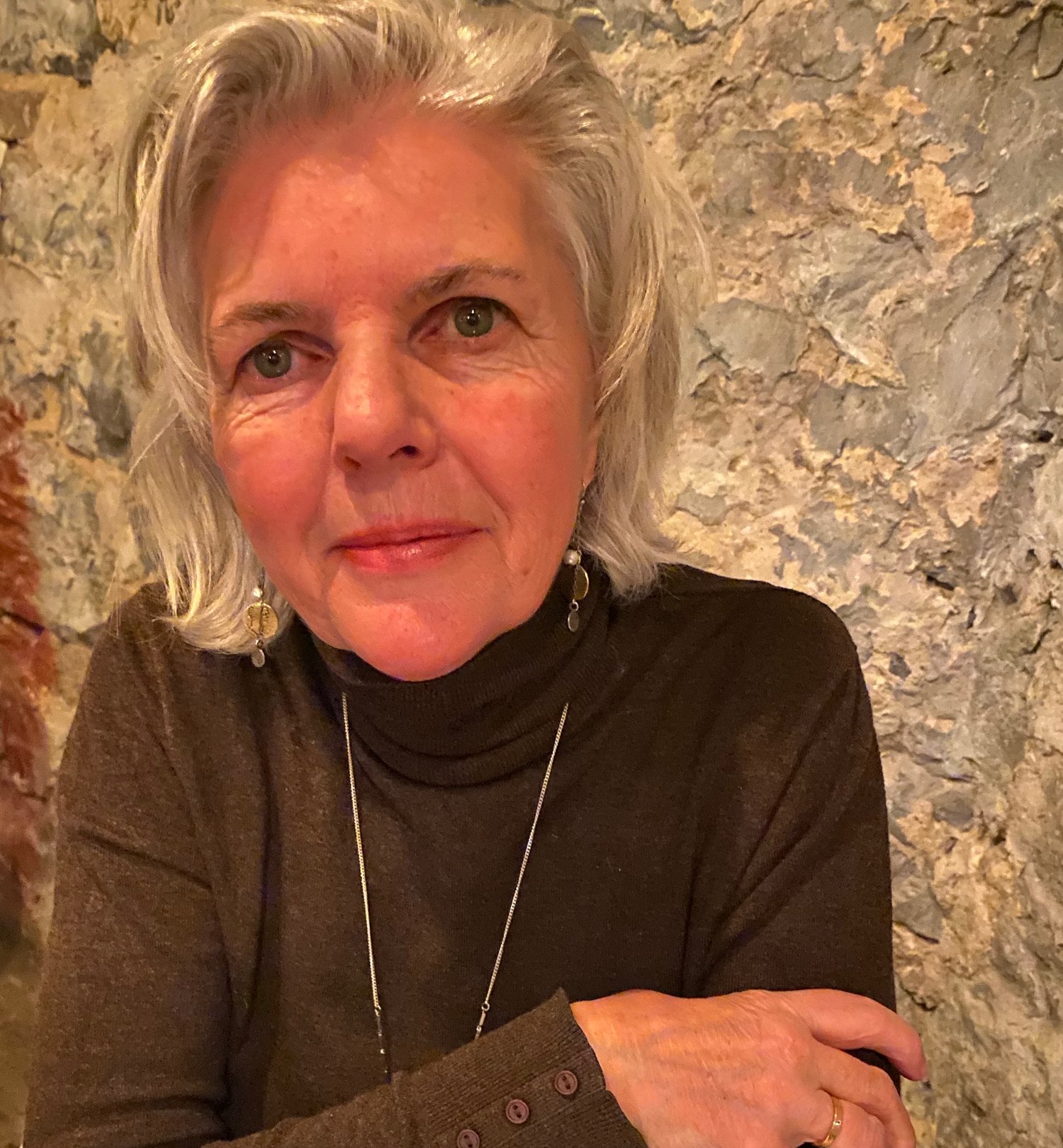Living like a Guest Child
/Adoptees who have taken the journey through search and reunion know that what is lost can be found, but never fully recovered. It comes back to us in new forms, but never in the shape of what might have been. Although there is a sense of completeness in knowing who we are, the integrating process is never concluded.
Author Betty Jean Lifton was my mentor during a search I did for my biological family. Her book Twice Born got me through a few dramatic moments. Ours was the era of sealed birth records and fictitious stories about where you came from. However, the need to trace my origins, hoping to recover a sense of identity, did not provide the results I was expecting.
The giveaway baby grows up and the past that might have been your own no longer belongs to you.
The giveaway baby grows up and the past that might have been your own no longer belongs to you.
I was living the experience that historian Geoffrey Bilson describes in his book Guest Children about English children living in Canadian homes during the Second World War era. Arrangements were made between both governments and families to evacuate the children, sending them to live in guest homes. You can imagine the struggles both the children and their families lived through on both sides of the ocean. They were in two worlds; and loyalties were split. English children, who at first clung to their Englishness, became attached to Canada, and the conflicts of looking back to their families at home in Britain, and desiring to please and find acceptance in their guest homes, left many of the children torn by their conflicting loyalties of family and country. From the outset that arrangement was meant to be temporary but after the war some were glad to return while others wanted to remain in Canada.
In my case, as the sent away child, I wanted to reenter my birth family and even try to take on the firstborn role. I looked liked everyone and felt a certain sense of belonging but it couldn't be helped — I ended up playing the 'guest child' role in both families — adopted and biological. It seemed like a good solution, but through the back and forth frenzy God began to teach me His perspective on adoption.
In Paul's days Roman law controlled adoption. A significant change of status took place. All of a person's old ties, obligations, and debts were cancelled. The adopted child was placed under the authority of the father of the new family. That father owned all the child's possessions, but in exchange the child as an heir possessed all the resources of the father. The father was committed by adoption to support, discipline, and take responsibility for the child's actions, while the adopted child was committed to be responsive to a new father.
Paul's teaching provides rich imagery. For Paul, adoption as a son or daughter of God is a relationship of grace, and it involves a change of status.
While our first birth can be discriminatory, the second birth in Christ grants total equality – both in privilege and future promise. Our birthright in Christ is rich in quality
For the first few years of my Christian walk I took on the guest child role again — sometimes looking back to my previous life outside the family of God, never settling down to plant myself firmly as one of God's children. Like the Guest Children in Geoffrey Bilson's book, I was plagued with a sense of divided loyalties. It took some time before I understood that we are not by nature children of God; that we need to become his children. In fact our human nature sets most of its desires against God. It's not a natural human action innate within that seeks to live life just to please God.
In Christ however we receive an impartation of His divine nature and by the Spirit the genes necessary towards transformation.
Our new identity develops in union with Him and others. As our relationship with Christ grows we begin to interact with the bothers and sisters he has given us. It is through this relationship, the family setting with God dwelling in the midst that our characters are molded and shaped. Not only is the Body of Christ the chosen place for us to grow in our identities, Christ Himself is made known through His church family. He uses his church to reveal his character, to show his personality, and his transforming power to the world.
At Redemption Church we may act like a flawed family at times but we seek to live against the grain — in the upside down kingdom we've been focused on this summer. Living like a guest child blocks our access to the full inheritance that God has for us. The only way we can ever be true sons and daughters is to accept God's adoption process as complete and permanent
Adoptees who have taken the journey through search and reunion know that what is lost can be found, but never fully recovered. It comes back to us in new forms, but never in the shape of what might have been. Although there is a sense of completeness in knowing who we are, the integrating process is never concluded.
Author Betty Jean Lifton was my mentor during a search I did for my biological family. Her book Twice Born got me through a few dramatic moments. Ours was the era of sealed birth records and fictitious stories about where you came from. However, the need to trace my origins, hoping to recover a sense of identity, did not provide the results I was expecting.
Originally posted at redemptionchurch.ca.

